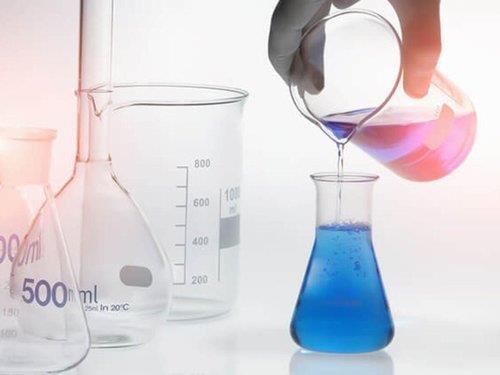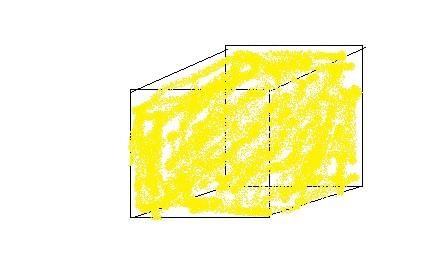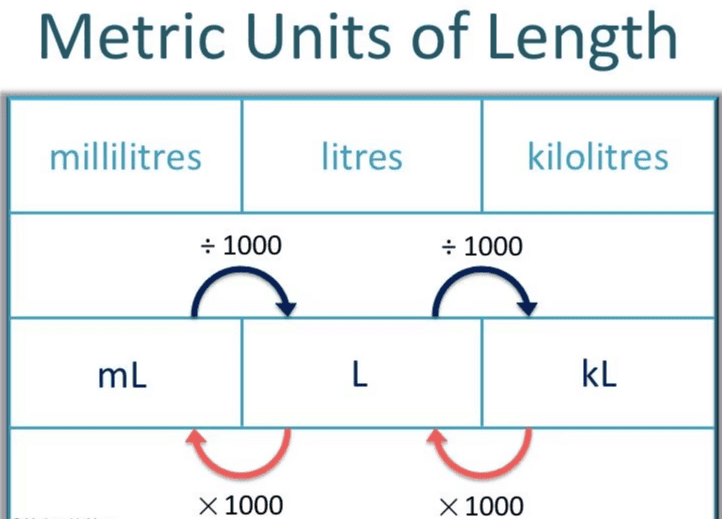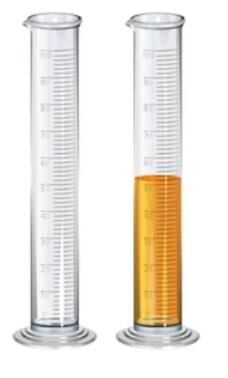|
Card: 5 / 34 |
If a cup holds 250 milliliters of water, how many cups are needed to fill 1 liter? |
|
Card: 7 / 34 |
True or False: A container with a capacity of 2 liters can hold 1500 milliliters. |
|
Card: 9 / 34 |
Riddle: I can hold water or other liquids, but I am not a sink or a tub. I can be made of glass, plastic, or even metal. What am I? |
|
Card: 11 / 34 |
Fill in the blank: To convert liters to milliliters, you need to ___ the number of liters by 1000. |
|
Card: 14 / 34 |
Measuring volume helps us determine how much liquid a container can hold, which is essential for cooking, science experiments, and various daily tasks.  |
|
Card: 17 / 34 |
What unit is commonly used to measure small volumes of liquid, such as medicine in injections? |
|
Card: 21 / 34 |
If Neetu takes 3 injections a day, each containing 5 mL of medicine, how much total medicine does she need in one day? |
|
Card: 23 / 34 |
Riddle: I can be small or large, but I measure how much space a liquid takes. What am I? |
|
Card: 27 / 34 |
What is the advantage of using different units like milliliters and liters in measuring volume? |
|
Card: 28 / 34 |
Using different units makes it easier to understand and work with various amounts of liquids, whether small or large. |
|
Card: 29 / 34 |
Fill in the blank: To reach a total of 1000 ml, if I have 300 ml, I need ___ ml more. |
|
Card: 31 / 34 |
Riddle: I can be split into two equal parts of 500 ml, yet I am a full liter. What am I? |


























